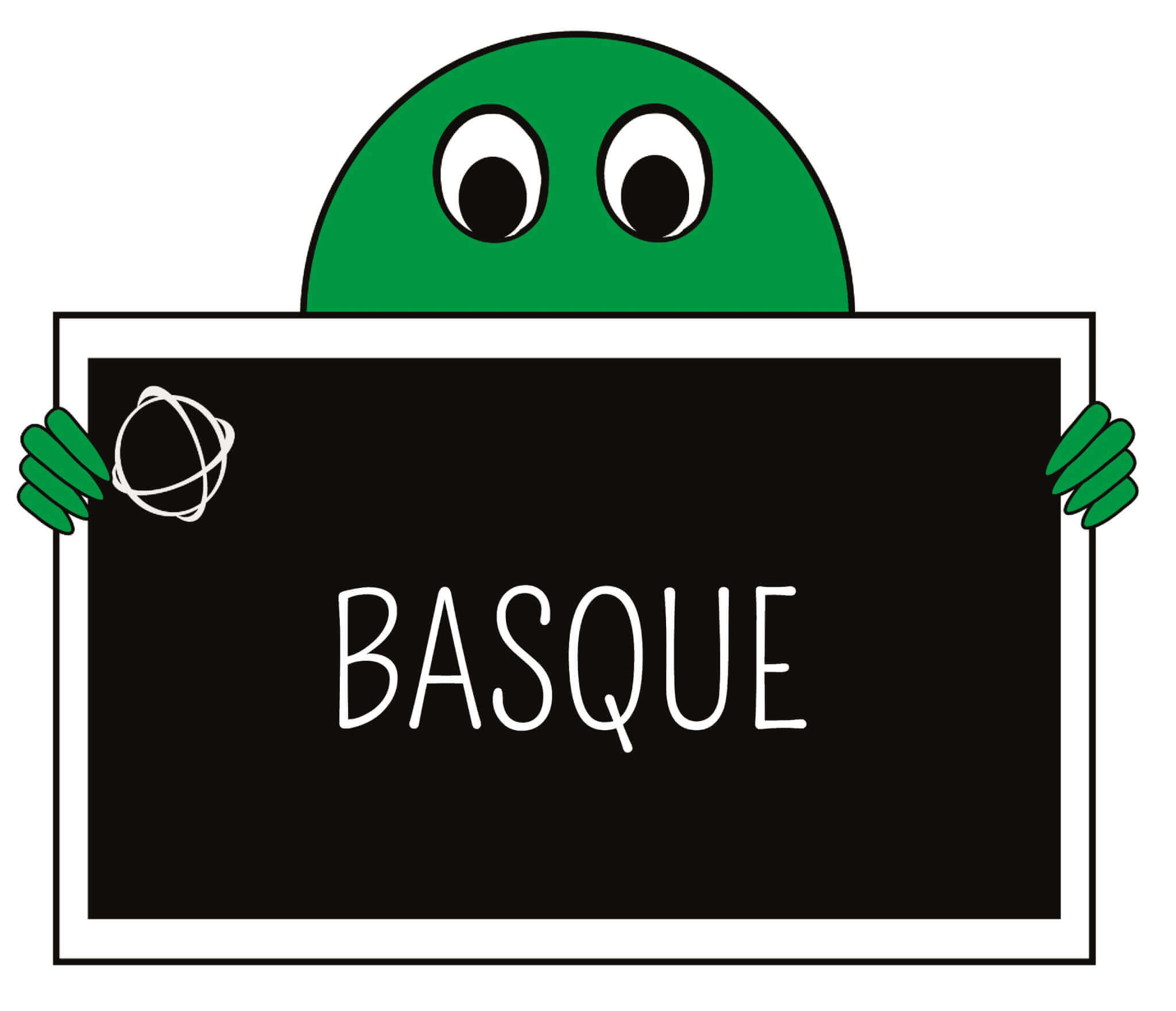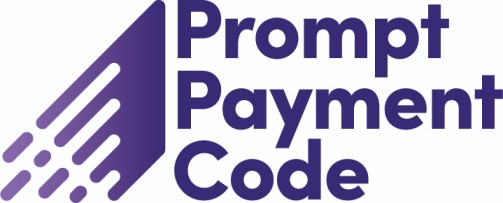Atlas Translations: Translation into Basque
The Basque language, also known as Euskara is a language isolate, the only remnant of the languages spoken in Southwestern Europe before the region was Romanised in the 1st and 2nd centuries BC. The Basque lexicon varies greatly among dialects, many words being restricted to single valleys or towns. The Basque country is an autonomous community in northern Spain with strong, cultural traditions, a celebrated cuisine and a distinct language that pre-dates the Romance languages. The vibrant riverside city of Bilbao is a hub of architecture and design, where gritty factories and shipyards give way to cutting-edge landmarks such as the Guggenheim Museum, along a revitalised waterfront.

Origins of the Basque people and classification of the Basque language
The 19th century philologist Hugo Schuchardt posited a genetic connection between Basque, Iberian (a long-extinct language of Spain) and the Afro-asiatic languages. The renowned German linguist Theo Vennemann, a professor at the Ludwig-Maximilian University of Munich, claims that “all languages have their origin somewhere; sometimes we do not know where. But in the period we are referring to, Euskara came from nowhere else; it was already there at the time the other languages arrived. So considered, Euskara is the oldest language in Europe. The rest are foreign languages coming from the East along with powerful peoples that imposed their ways of speaking on native peoples. Euskara is the only survivor of a European language family.”
According to this theory, Europe never had a single, universal language but rather a multiplicity of related dialects of which Euskara could be the only survivor. This makes it the only linguistic link with the peoples who resided in pre-Roman Europe. In spite of the vigorous research into this area, the mystery of the origins and early development of the Basque language remains unsolved. Therefore, linguists simply state that Euskara is a language isolate, meaning it bears no relation to any other known language or that its connections with other languages are still to be found. Although, a study in PNAS journal suggests that the Basque people descend from early farmers who mixed with local hunters before becoming isolated for millennia. The transition from a foraging subsistence strategy to a sedentary farming society is arguably the greatest innovation in human history.
It has been claimed that the Basques are a remnant population that connect back to the Palaeolithic era. The study presented the first genome-wide sequence data from eight individuals associated with archaeological remains from farming cultures in the “El Portalón Cave” (Atapuerca, Spain). The key sources for the early history of the Basques are the classical writers, especially Strabo, who in the 1st century AD reported that the Vascones inhabited modern day Navarre, NW Aragon and lower La Rioja. He also mentioned other tribes between them and the Cantabrians: the Varduli, Caristii and Autrigones. The El Portalón individuals showed the greatest affinity to Basques, which suggests that Basques and their language may be linked with the spread of agriculture across Europe.
Prominence and usage of the Basque language
The Basque language is spoken by about half a million people in Euskal Herria, a region spanning the Spain-French border that encompasses four provinces in Spain (Bizkaia, Gipuzkoa, Araba and Nafarroa) and 3 provinces in France (Lapurdi, Nafarroa Beherea, and Zubaroa). Since the Basque country is sandwiched between Spain and France, one would assume that it has Latin roots. The contrary is the case however; some of the words resemble Latinate forms. For example, ospitalea (hospital) and txokolatea (chocolate).
The language has had a turbulent history. It was forbidden under the regime of Franco, but measures were taken in the 1980s to revitalise the language and nowadays it is the co-official language of the autonomous community of the Basque country, together with Castilian Spanish. Taking into account the whole Basque Country in Spain and France, 28.4% of the population aged 16 and over can speak Basque, and a further 16.4% are passive Basque speakers. Compared to the findings of the first survey from 25 years ago, approximately 223,000 more people speak Basque today.
The largest percentage of Basque speakers is to be found among young people aged 16-24, whereas the lowest percentage of Basque speakers is now to be found among those aged 65 or older. A study by the Basque Government concludes that more than 70% of citizens put the same importance in knowing Euskara, as knowing Castilian Spanish. The study carried out by the Basque Government on attitudes and opinions related to Euskara reveals that Basque citizenship links bilingualism with coexistence and equality, and has released the Vice of linguistic policy of the Basque Government.
Cultural heritage and linguistics
I had the pleasure of taking part in a Spanish Exchange programme, organised by my school, to Bilbao in Spain. It was a great opportunity to practise the Spanish language and understand the cultural heritage of the Basque country. Unfortunately, during our visit, we experienced heavy and constant rain, which the region had not had for over 100 years. Spain might have the reputation for being sunny all year round, but the lush Basque country sees its fair share of rain, which is why Basque has its own word, “ximiri”, which means a very light rain. Basques even use this word when they are speaking Spanish, as there is no perfect Spanish equivalent.
As previously discussed, the Basque language is unique and has a fascinating history behind it. For this reason, Basques hold their own unique language in incredibly high esteem, so much so, in fact that they use the word “erdera” to refer to any language that is not Basque. As well as linguistically, the Basque country has many fascinating names for distinct parts of the Basque cultural identity. A baserri is a half-timbered or stone house traditional in the Basque Country. Typically used as farmhouses, they can be spotted dotting the landscape and have been at the core of Basque society for hundreds of years. Traditionally, the household is administered by the etxekoandre (lady of the house) and the etxekojaun (master of the house) who then pass on the baserri to one of their children – they can choose any child, male or female. Most baserri have a stone carved sign built into the wall (armarriak) and a lintel stone above the doorway stating who built the house and the year in which it was built.
“Aste Nagusia” is a 9-day event held at the end of August. The festival begins on Saturday when crowds gather at the iconic Arriaga Theatre on the banks of the Nervion River. Once a rocket is shot into the sky (known as a txupinazo) the festival mascot “Marijaia” makes her grand entrance onto the balcony. At Aste Nagusia, Basque culture is celebrated in the fullest. There is traditional Basque music and dancing, as well as Basque rural sports such as wood chopping and stone carrying competitions. All of the daily events are followed up with nightly firework competitions that light up the city’s sky.
The festival of “San Fermín” is a week-long, historically rooted celebration held annually in the city of Pamplona. Celebrations start at noon on the sixth of July, when the party starts with the setting off the pyrotechnic txupinazo, and continue until midnight, on the fourteenth of July, with the singing of the Pobre de Mí. While its most famous event is the encierro, or the running of the bulls, the festival involves many other traditional and folkloric events. It is known locally as Sanfermines and is held in honour of Saint Fermin, the co-patron of Navarre. Its events were central to the plot of The Sun Also Rises, by Ernest Hemingway, which brought it to the general attention of English-speaking people. It has become probably the most internationally renowned fiesta in Spain. Over a million people come to participate in this festival every year. Apparently, in earlier times the butchers were responsible for bringing in the bulls from the ranches and the young apprentice butchers began to accompany the bull minders – the pastores – when these would shepherd the bulls up to the bullring. Often they would run ahead of the bulls to entice them forward. With the passing of time, the event became popular with the general public and the men began to run in front of the bulls instead of remaining behind the animals as the bull minders always do.
In addition to the many festivals and customs of the Basque Country, the cuisine of the region is also highly esteemed. A traditional example of Basque cuisine is “txipirones” which is squid cooked in its own ink sauce. I tried this dish a few times during my Exchange Programme in Bilbao.
The Basque alphabet is identical to English, but omits the letters c, q, v, w and y, and including (as in Spanish) the palatal ñ. Grammatically, the Basque language is very distinct. It is usually referred to as an ergative – absolutive language, meaning that it maintains equivalence between objects and subjects of intransitive verbs, while treating the subjects of transitive verbs differently. This can be exemplified by the following sentences:
Gizona etorri da.
The man has arrived.
The subject – Gizona (man) – follows the intransitive verb – etorri (arrive) – and takes on the absolutive case. The word – da – is the inflection of the noun phrase.
The Basque lexicon varies greatly among dialects, many words being restricted to single valleys or towns.
Another Basque word with ancient roots is the word ‘ura’. Today ‘ura’ means water but in the past it seems also to have meant ‘living matter’ as well. From the word ‘ura’ we have lur (earth), elur (snow), zur (wood), egurra (fire wood), haur (child), hezur (bone) and euri (rain). From the word ‘iz’, which denotes the concept of energy or light, we get the words izar (star), izan (to be), izadi (nature), izaki (living being), izaera (personality or way of being), izorra (pregnant) and izotz (ice or cold energy). If modern day Basque appears to date back to the pre-historic language spoken in south western France and the north of the Iberian Peninsula, a question that naturally follows, is where exactly does the name ‘Iberia’ derive from? Is it also of Basque origin?
It seems that the word Iberia derives its name from the Ebro (the second largest river in Spain). Is it just a coincidence that the word in Basque for river is ‘ibai’ – or that the word for fertile lowlands or flood plains is ‘ibar’? Throughout Europe we find a surprising number of river names which show a possible Basque origin too: In Serbia and Montenegro we have the river Iban, in Hessen the river Ibra, in the south of Germany we have the rivers Ebrach and Eberbacha, in the Alps the river Ebersberg, and in Austria there is both a town and river called the Ybbs. In France we have the rivers Iverny, Ivergny, Yvre l’Évéque, Ebreon, Evrune, Ebersheim and Yvry-en-montagne. In the Basque Country (apart from the Ebro running through the south of Navarre) we have Ibarra, Ibarrola, Ibarrekolanda, Ibardin and Aranibar.
So while Basque’s status as a ‘language isolate’ suggests a remote, perhaps lonely independence, it’s influence may well venture a lot further than the borders of Basque country.














